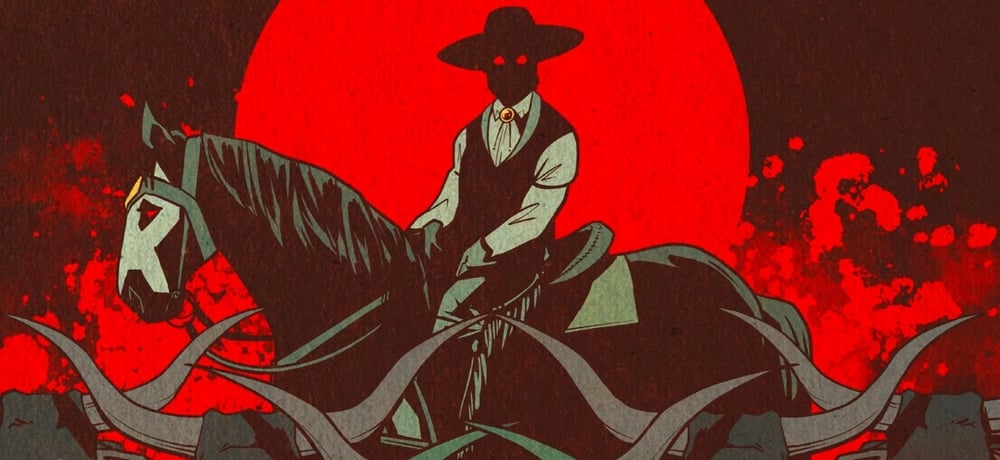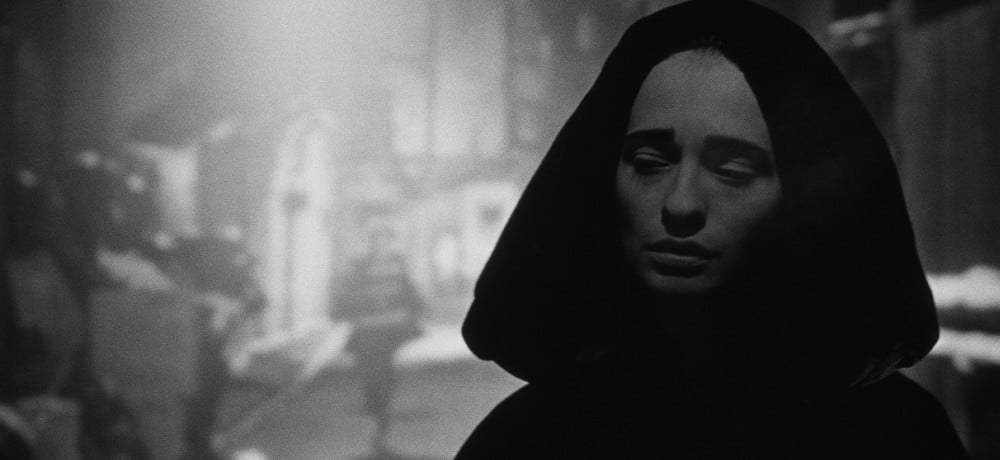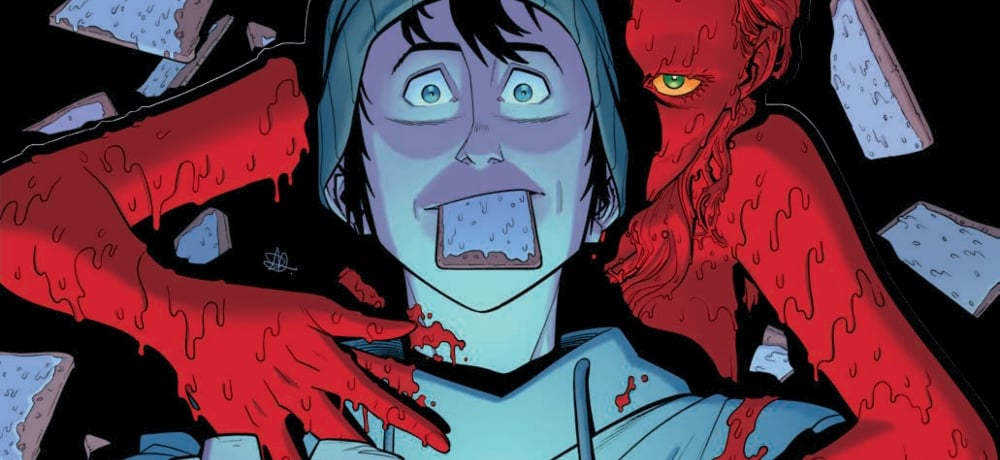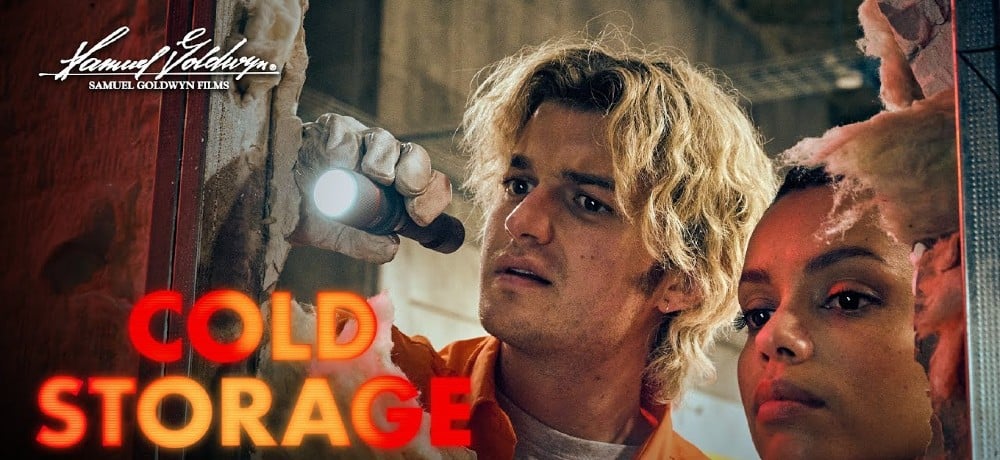





Documentarian Alexandre O. Philippe has tackled a variety of topics over his career, including zombies (Doc of the Dead) and the fickleness of Star Wars fans (The People vs. George Lucas), but it’s his latest project, 78/52, which thoughtfully examines the shower scene in Alfred Hitchcock’s Psycho, that might be his most ambitious project to date. The documentary took Philippe three years to complete, and features a cavalcade of fantastic interviews with numerous notable folks, including Jamie Lee Curtis, Guillermo del Toro, Peter Bogdanovich, Bret Easton Ellis, Danny Elfman, Mick Garris, Karyn Kusama, Oz Perkins, Richard Stanley, Elijah Wood, and many more.
Daily Dead caught up with Philippe on the eve of 78/52’s premiere at the 2017 Sundance Film Festival to discuss the long road to getting the project made, his approach to making sure 78/52 would be accessible to everyone (even those who may not be Psycho fans), some of the more surprising things he learned throughout the process, and more.
Look for more from the 2017 Sundance Film Festival right here on Daily Dead.
Great job, Alexandre. I really loved the way that you not only deconstructed the shower scene in particular, but you also peeled away some layers of Hitchcock as well. I'd love to hear about what inspired you to take on probably one of the most iconic scenes in film history ever, because that seems like such a daunting task.
Alexandre O. Philippe: Yeah, is there another one? I think it's “the scene.” I don’t know if I could have made a 91-minute film about any other scene in history. I think that's the one because it's one of those absolute masterworks that you can keep looking at and studying and examining and you'll keep finding new things. I've been working on this for three years now, and it still has a lot of discoveries ahead for me. There will be other projects like this for me. I don't know what it will be yet or in what form.
But it all stems from just an absolute passion for Hitchcock and his craft. His extraordinary mastery of the medium and attention to great detail. It's also an extraordinary collaboration with the likes of Burt Herrmann, George Tomasini, and Janet Leigh. It's just a perfect storm of absolute genius.
It was really admirable that this explores the idea that for as much as it was Hitchcock's vision himself, that scene lived and died by that editing. Most editors end up being the unsung heroes in Hollywood. Was there anything that surprised you as you were going through the technical side of that scene that you didn't realize going into it?
Alexandre O. Philippe: I learned a million things. When you start talking to the likes of Walter Murch or some of these other really great editors, you realize very quickly that they all revere it. They revere George Tomasini, but they also look at that scene and what he does through very unique and particular lenses. Each of them will really start focusing on very distinct cuts and bring up things that I'd never even considered. No matter how many times you look at that scene, guys at that level will start pointing things out and you go, "Oh, my god. That's incredible.” I don't want to reveal too many secrets, obviously people will have to watch the film, but there's a number of really cool reveals in there.
As far as your interstitials go, did you get to go shoot at the Universal lot?
Alexandre O. Philippe: We did. They were very nice, and we shot it with rain machines and the vintage 1957 Ford and the whole deal. It was pretty special. It was an overnight shoot. Except, of course, the interior of the motel; we actually built a set for that so we could really create that mood from Psycho and be able to use that throughout the documentary.
As far as documentaries go, it's one thing to have a parade of talking heads where they're giving their perspectives, but I enjoyed how you switched that up and had people actually watching the shower scene. Can you talk about that decision? Because, for me, those were genuinely some really fun moments in this.
Alexandre O. Philippe: I'm very glad you're mentioning this because that was the whole idea, because voyeurism is a huge motif in Psycho. I wanted that motif to be very prominent and playful throughout the film. Like you said, we're watching these people, but they're also watching us when we cut to the A Camera angle, and it's the Errol Morris technique, where they're looking straight into the lens. The interviewees are watching you, you're watching them, they're watching Psycho, the eyes of Psycho are watching them, and the pictures of the birds on the walls are also watching them, too. I was very conscientious about that.
You have a really amazing group of people that you feature in 78/52. Can you talk about getting those people? You also mentioned that this was three years in the making, so I'm guessing it took a long time to compile all these interviews.
Alexandre O. Philippe: It did. It's always a very organic process. Our very first interview was Marli Renfro, who was the original body double [for Janet Leigh], and in a lot of the shots from the shower scene, it's her body. She's actually coming tonight to the premiere.
She's lovely, just a lovely lady. The next person I spoke to was Stephen Rebello, who wrote the book Alfred Hitchcock and the Making of Psycho. Those are the first two. I definitely wanted to interview a number of editors and it was very important for me to interview women, which I think is hugely important when you make a film about Psycho, and about Hitchcock in general.
I also pursued very specific individuals, like Guillermo del Toro, who has written extensively about Hitchcock and is a huge Hitchcock nerd, and Eli Roth was fantastic in his knowledge of the horror genre and how Psycho fits into that. I wanted to speak with Danny Elfman for the music, and I could go on and on. I wanted to really start looking at very specific aspects of the scene and the more specific we got, the geekier we got, and then it would become more obvious who we needed to interview.
It was really interesting how you tackled Gus Van Sant's Psycho, because a lot of folks just want to pretend it didn't happen. That was a very audacious decision. Were people really receptive to you coming in and talking about it?
Alexandre O. Philippe: I think it was an art experiment that he did. It's not for me to judge whether he was successful or unsuccessful. I don't think he thinks it was very successful. He didn't want to talk to us about it. I wanted to mention it a few times. It was important to have it there, but this is not a comparison. I really wanted to focus the documentary on Hitchcock and what he did, but there are some very interesting differences.
To me, what was fascinating was talking to Gus’ editor, Amy Duddleston, who said we cut it exactly the same way and it just didn't work. I thought that was very honest of her to say that. I really appreciated that.
I will admit I completely geeked out seeing Jamie [Lee Curtis] in here, and loved that you included the fact that she paid homage to her mom on Scream Queens last season. Was she super receptive from the start when you went to her? I know in the past it's been understandably hard for her to talk about this stuff involving her mom.
Alexandre O. Philippe: Yes, she was very receptive. We had a little bit of trouble scheduling the interview at first, but she was on board as soon as we approached her. It was a fairly short interview. She told us right off the bat, "Look, I'm not a specialist of Psycho, I've only seen it maybe twice in my entire life. I don't know much about it. I know most people think it's the greatest thing, but I don't."
She was very honest. She gave us some wonderful moments. She had, actually, an emotional moment talking about her mom, and it just didn't fit the narrative of the film so we didn't include it, but she was very grateful. She said, "My entire family is very grateful for what Psycho did for us." It completely changed her mom's career and I was very grateful to have her in it.
Speaking to that, are there other things that you really want to make sure that were in the doc but they just didn't quite fit that structure? Do you think that maybe once you guys do a home release we'll maybe get to see those things?
Alexandre O. Philippe: Oh yes, I could have made a ten-hour film about the shower scene, but it wouldn't have been as entertaining. To me, it was paramount to make sure that this film was accessible, was entertaining, was compelling, and that people by the end of it want more.
Our initial cut was 125 minutes and it felt long. There were a number of bits that were very interesting, but then ultimately I had to sacrifice because it wasn't as compelling as I was hoping it would be on the screen. But there's so much we had to cut and perhaps it will be on the DVD extras. Perhaps it will be another film. Maybe it’ll even be a book. I’m not quite sure just yet.
———
In case you missed it, check out Heather's Sundance review of 78/52.
*Above photo courtesy of the Sundance Institute / Robert Muratore.